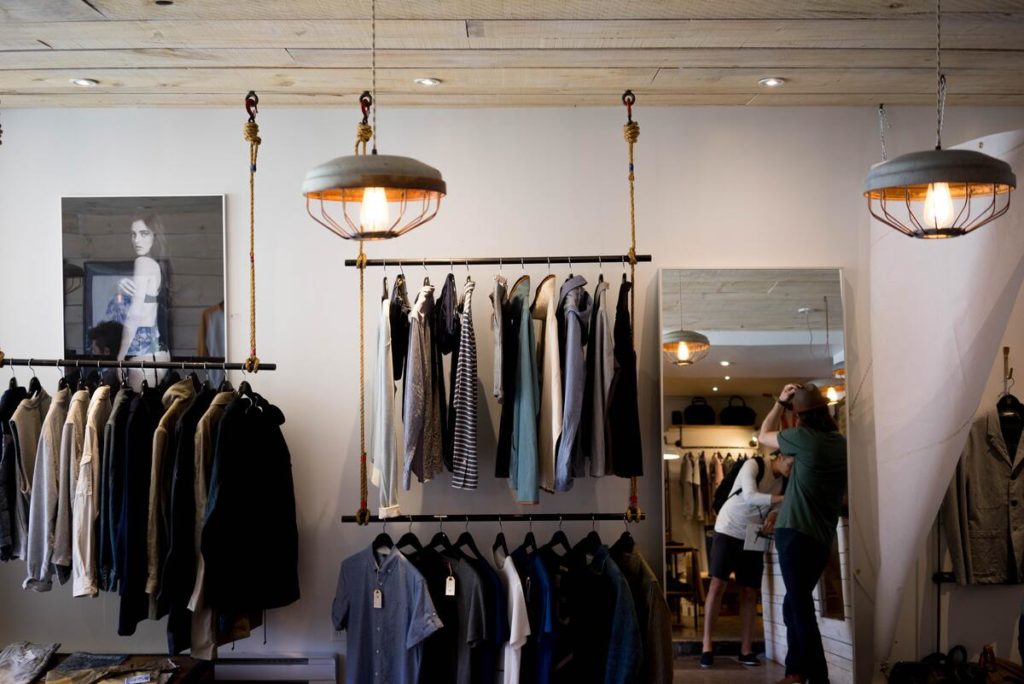A clothing business is one of the most common types of businesses globally—whatever its size may be. You see small apparel brands of all shapes and sizes popping up almost every day on social media, and let’s not forget to mention the brick-and-mortar clothing stores that seem to line most of the streets of downtown.
Needless to say, clothing is a popular type of product, and there are a lot of ways to cash in on the demand for this commodity. However, why are there still a lot of apparel brands failing to succeed? Here are some of the most common reasons:
1. The market or niche is over-saturated
Whether it’s custom T-shirts made with heat transfer designs or true vintage apparel from the 90s, someone has already done it before. It is rare to find a true gem of a niche in an industry as wide and diverse as the clothing industry. And unless apparel brands pay attention to the saturation of the market that they want to enter, they may be setting themselves up for failure.
Entering an over-saturated market is like charging to war that is already in full motion. The competition is high, the brands are numerous, and customers already know who they want to buy from. That said, it is tough to penetrate an oversaturated market as a new clothing business; it can take a lot of time, energy, and capital to gain traction when you are basically a needle in a haystack, and it is often better to divert those resources into a less competitive or saturated market/niche.
2. The quality doesn’t meet expectations
Another common reason why small apparel brands fail is that they put out products of low quality that people are not willing to pay for. Why the products are low quality is another issue in and of itself (some brands decrease manufacturing costs by skimping on the raw materials). Still, whatever the reason may be for low quality, the result remains the same: people won’t buy them.
If a new brand establishes itself as a low-cost clothing business, then they may get away with selling low-quality products because their customers expect that kind of quality. But if a brand purposely makes their products seem of higher quality than they really are, they are likely pushing away potential customers effectively. Nevertheless, all apparel brands should ensure that their products are of at least acceptable quality, and the prices must make sense.

3. Products are outdated
Apparel brands always have to look out for what is in style and what is not. While some clothing businesses specialize in products that take a very long time to go out of style (e.g., suits), others have to keep up with style trends, changes in consumer behavior, and what competitors are doing, among many other factors, to keep up with what their target audiences want.
When these brands fail to stay up to date with current trends and changes in the market, they often have difficulty keeping existing customers and attracting new ones. Why? Because people don’t want to wear clothes that are out of style, and they would much rather buy from a brand that will help them keep their wardrobe up to date.
4. Overstocking
Overstocking goes hand in hand with the previous cause of business failure. When apparel brands commit to large minimum order quantities (MOQs) to reduce supplier costs, they are essentially gambling with their investment. Because what if those products go out of style faster than the business can sell them? The result is often large amounts of unsold stock, which can also be seen as money down the drain. Not only that, but the large inventory can also result in higher storage, security, and overhead costs.
5. Poor marketing
In a highly competitive market that is the clothing industry, marketing can mean the difference between success and failure. Some small brands make the mistake of starting their businesses with poorly planned marketing strategies—or sometimes even lack thereof, especially for inexperienced entrepreneurs. As a result, they often fail to attract customers to their businesses, get overshadowed by the competition, and don’t gain enough traction to make significant steps forward.
Don’t let these reasons deter you from starting your own apparel brand, but be mindful of them every step of the way. By knowing how you can fail, you will be better able to make smart decisions with higher chances of leading your business to success.

